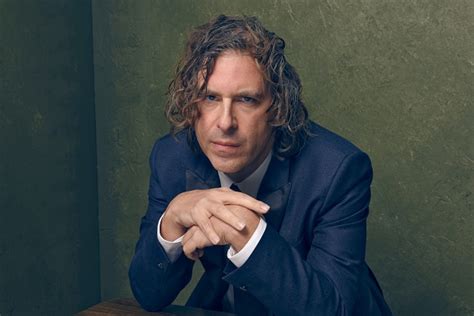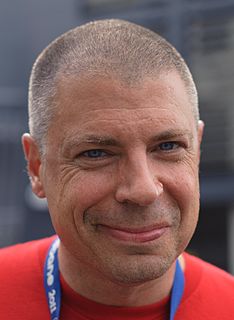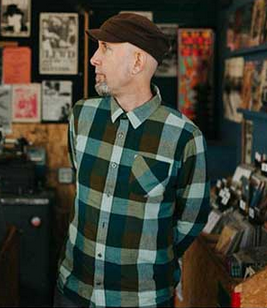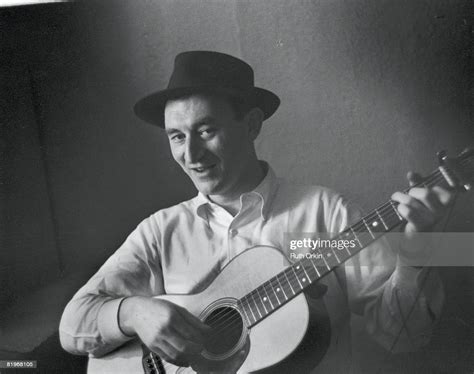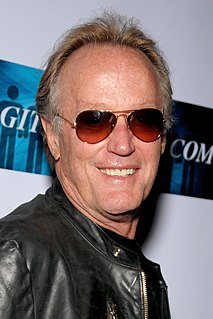A Quote by Zaha Hadid
My generation were all careerists.
Quote Topics
Related Quotes
My generation those who were students in the late 60s was always, in the words of the Who, talking about our generation. That's what we thought of ourselves, as the most important thing since sliced bread. And the "we" that we meant was really the Western Europeans and American generation. And as I think back I suppose I have a sense of guilt on behalf of my generation, a sense that we were terribly provincial and didn't understand the really important stuff that was going on in Eastern Europe.
It became obvious to me that the generation who changed the world were my parents' generation, and not only in terms of the Second World War, but if you look at all the social legislation of the '60s - abortion, homosexual law reform, equal pay - it wasn't done by my generation; it was done by people who were adults.
I may have come into politics with an unacknowledged condescension toward the game and the people who played it, but I left with more respect for politicians than when I went in. The worst of them - the careerists and predators - you find in all professions. The best of them were a credit to democracy.
I would almost consider myself a canonical child of Generation X... because I think there is an ethic and aesthetic that goes along with that generation, it may have something to do with the fact that "Never Mind the Bollocks" was released when we were 16-years-old and that was really the album that crystalized a generation.
With the Holocaust - I wonder if a lot of Jewish writers of my generation have felt this way - it feels really intimidating to approach it. I feel like so many writers who have either lived through it firsthand or were part of that generation where they were closer to the people who were in it have written so beautifully about it, so there's no lack of great books about it





